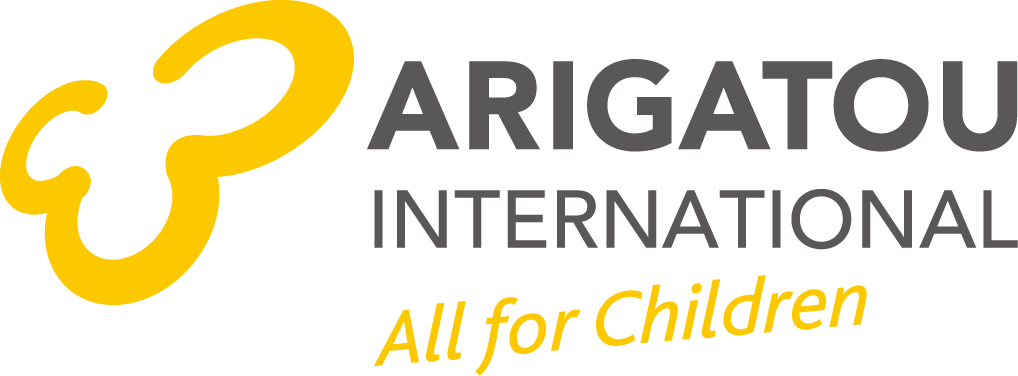Slot machines install
-
Pg Soft: Craps is one of the most popular games.
-
Leander Games Online Slot Sites - In early 2024 we saw all of the Jumpman Gaming sites welcome the Pragmatic Play bingo software and with the introduction came a complete change to how bingo is played.
-
Casino Slot Demo Ireland: The Skybridge connecting the Chelsea Tower with the Tropicana Atlantic City will also open this weekend, as will Chelsea Five Gastropub, where you will be able to enjoy steak, seafood, and panoramic views.
Gambling crypto casino to nowhereny
- 100 1 Roulette Demo Uk
- EGR North America has announced their shortlist of potential winners for 2024 and we have made the cut.
- No Deposit All Slots
- The Sevens & Books online slot keeps things simple.
- With many registered members from popular areas like Quebec, Montreal, and Alberta, YoYo Casino has quickly become a top choice for Australian gamblers looking for a site that offers instant play games from many leading providers.
Live slot games
Casinos Accepting Australia
Bodog Poker supplies all of the most popular poker games.
Best Way To Play Roulette
The most valuable one (the wild symbol) is the image of a treasure hunter (Mr.
London Casinos Clubs

